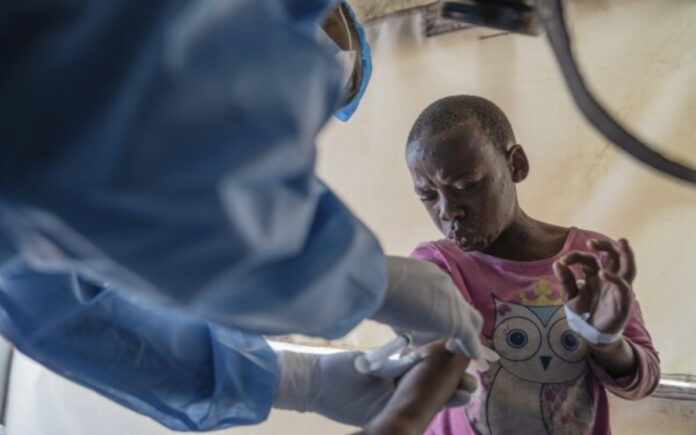Dakar: The Africa Centres for Disease Control and Prevention (Africa CDC) is optimistic about raising $600 million to combat the growing mpox outbreak across the continent, according to Jean Kaseya, the agency’s director general.
Mpox, declared a global health emergency by the World Health Organization in mid-August, has spread from the Democratic Republic of Congo to neighboring nations, sparking concerns. Speaking to reporters, Kaseya expressed confidence, stating, “If you want to know if I’m positive that we can raise the $600 million, I will safely say yes.”
Back in August, Africa CDC estimated the cost of addressing the mpox outbreak at $245 million, securing only around $20 million at the time. Kaseya did not specify why the cost estimate—excluding vaccines—had increased so significantly but reaffirmed the agency’s commitment to obtaining the necessary funds.
Funding sources are expected to include contributions from African Union member states, international development partners, philanthropic organizations, and the private sector. Kaseya also highlighted that the Global Alliance for Vaccines and Immunization (GAVI) had pledged support, and discussions were ongoing with The Pandemic Fund, a multilateral body supporting pandemic responses.
Also Read | Neurocrine Ends Development of Schizophrenia Drug After Trial Setback
Kaseya emphasized that technological transfers to Africa could drastically lower vaccine costs, estimating reductions between 80% and 90%. Last month, Africa CDC initiated talks with Danish biotech company Bavarian Nordic to manufacture mpox vaccines locally, a move that could enhance affordability and accessibility for African nations.
Also Read | Apple AirPods Pro Get FDA Nod for OTC Hearing Aid Feature
The agency plans to announce the amount raised during the United Nations General Assembly in New York later this month.
According to Africa CDC data, Africa has recorded over 26,000 suspected mpox cases, with 724 fatalities so far in 2024. The Democratic Republic of Congo has been hit particularly hard, with children under 15 accounting for roughly 60% of suspected cases and 80% of deaths this year, as confirmed by UNICEF in a statement released Thursday.



